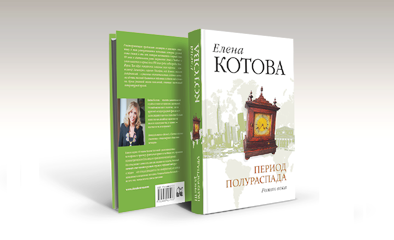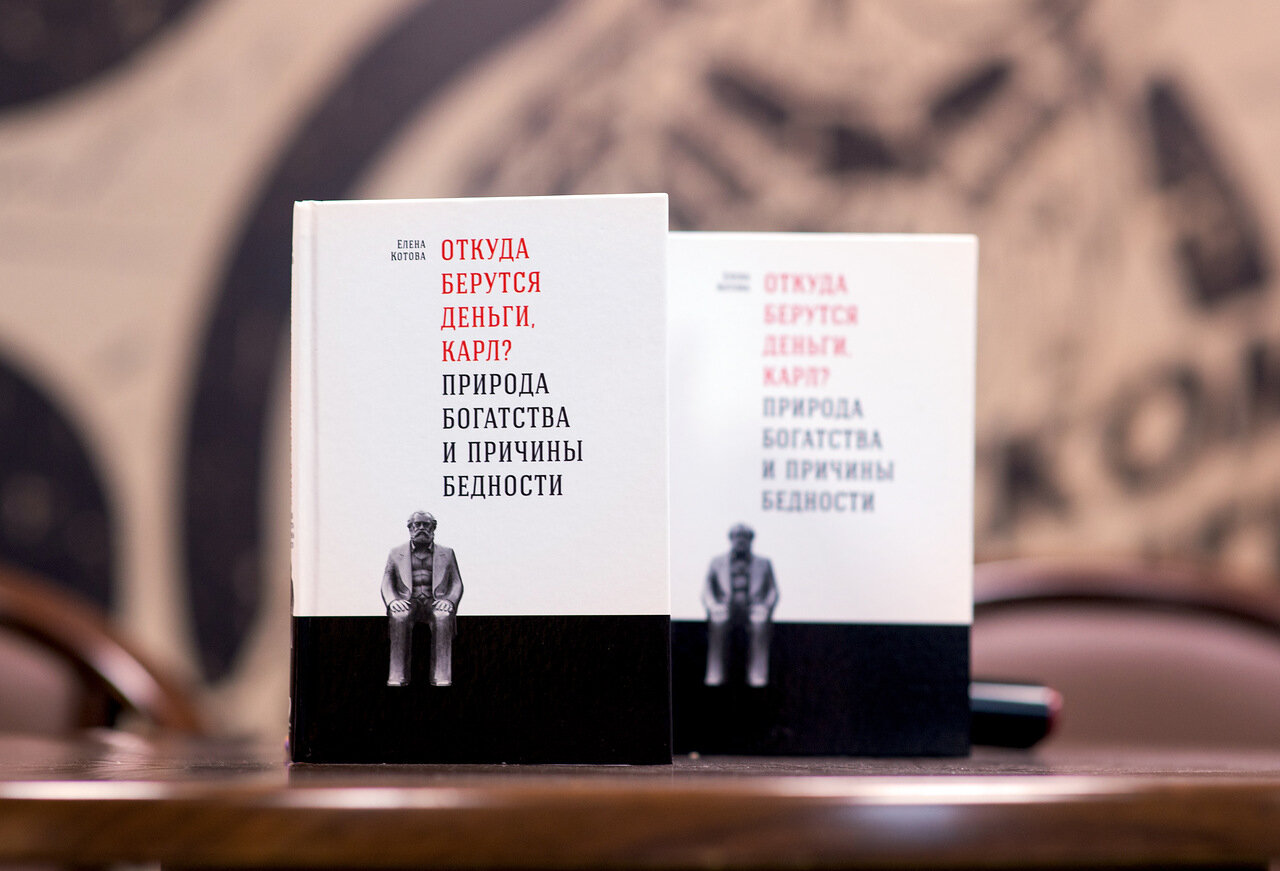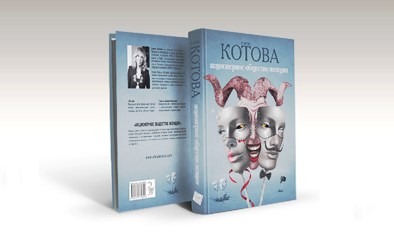
Half-life
VECHE, December 2014
The novel “Half-life” (2014) is already appreciated by the reader, who perceive it to be a story about “Gone with the Wind. From Tambov to Long-Island”. All names are real, and all characters are fictional. Very unorthodox and provocative story.
The characters inhabiting this unorthodox novel by the Russian-American author Elena Kotova are real, actual people, some of whom have been well-known in the past (Commissar Ordzhonikidze, composer Khachaturian, violinist Oistrakh, US Ambassador to the Soviet Union W. A. Harriman), and are well-known in the present (Mayor Luzhkov, tycoons Khodorkovsky and Gusinsky, Central Bank chair Gerashchenko).
We begin the story on the first day of the twentieth century in the city of Tambov, where a noble family is raising seven brothers and sisters; and we end the story on the first day of the twenty-first century, among the skyscrapers of New York, home to two distant fifth-generation cousins of the same family who barely know each other. In between these two moments in time we live through unexpected twists of fate, we settle into the warmth of family routine, we suffer through internal family conflicts and external tragedies, we witness how the family copes with the inevitable half-lifes of each generation, which divide the family into the “before” and the “after”. Many questions haunt us throughout the novel, and the one which is the most poignant to the contemporary reader is how does this family's story, begun in the idyllic setting of a noble life in provincial Tambov, end on the shores of the New World.
The new book by Elena Kotova is indeed the novel of the century, a courageous work of art built around real-life events and people.
Book reviews
Reader comments
Book reviews
Reader comments








